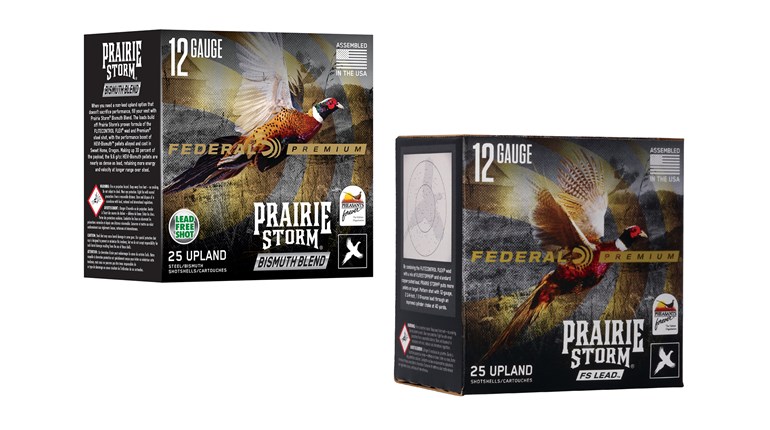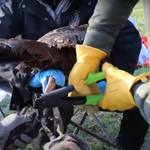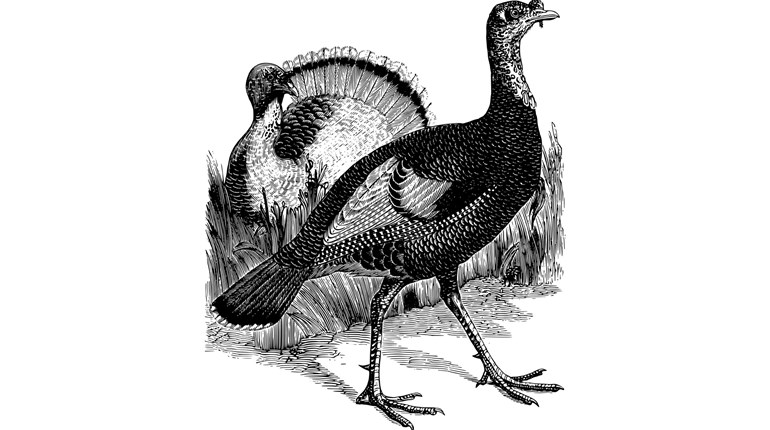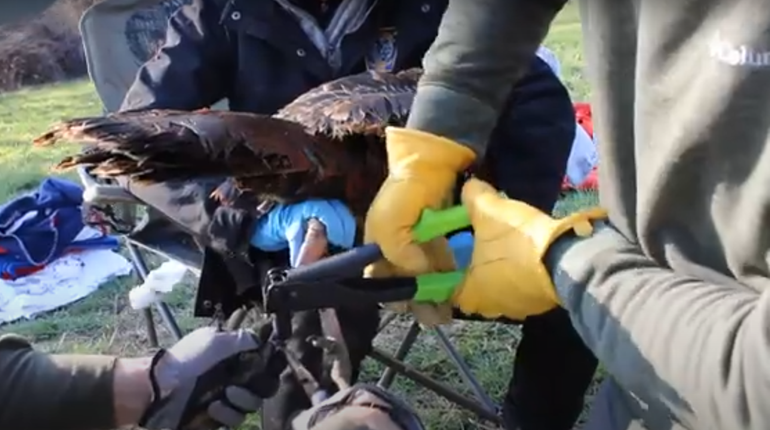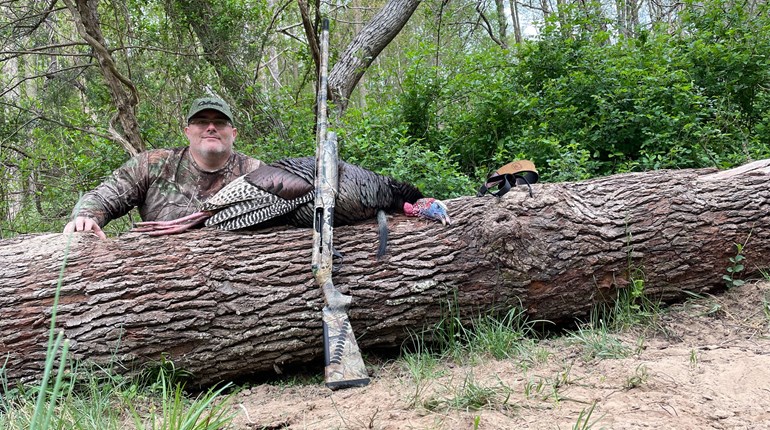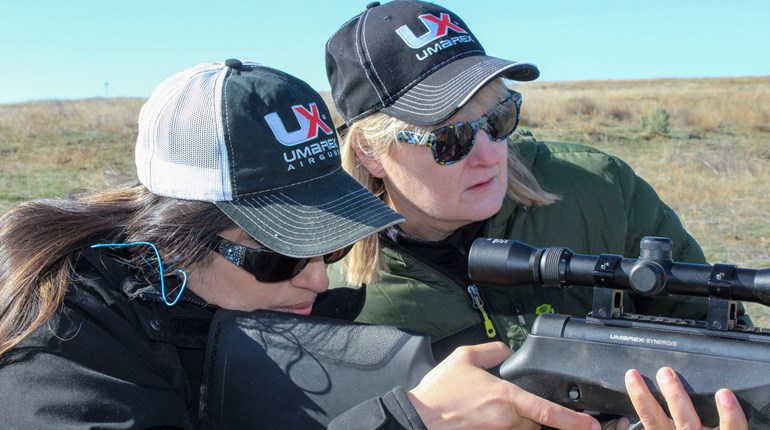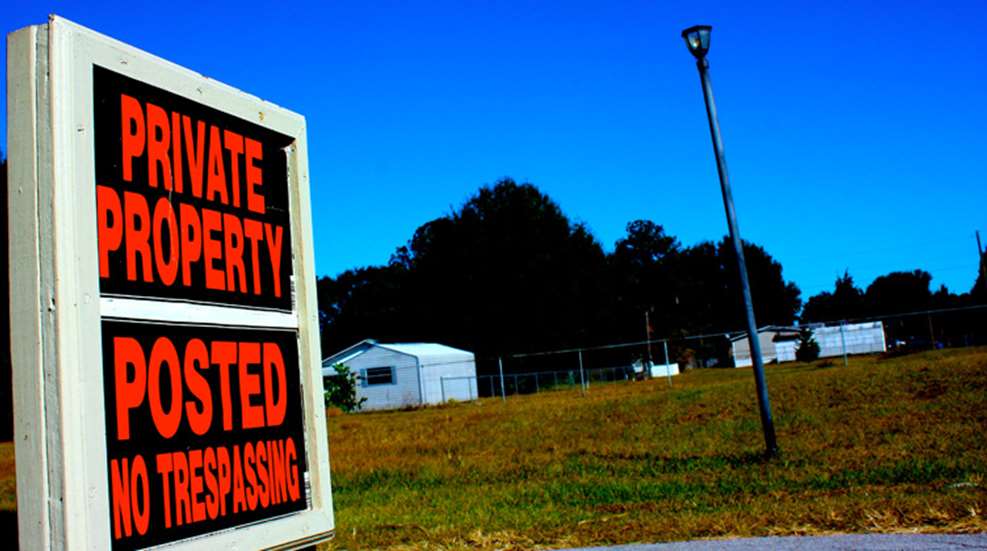
It seems harder and harder to find land you can hunt on. Posted signs spring up like weeds in what used to be untended property. You can start hunting on open land but come upon posted land in the woods, and then have to backtrack or find a way around.
But the land is still there, and the game is still on it. From a deer hunting point of view, the deer seem to know where the posted land is, and set up light housekeeping just beyond the signs a few days before hunting season.
If it’s posted, don’t go on it. That’s the rule, isn’t it? Yes, but there’s an exception: The landowner can post it and still permit you to hunt there. It’s a great deal, and there are lots of advantages for the hunter.
Some examples: The owner can tell you what the game’s patterns are, what they’ve been eating and where, where they go for water, to bed down, etc. He can let you park there, use his tractor to get your game out or even let you set up temporary or permanent blinds or stands. Maybe the game is used to not having hunters on that land, or is used to the sound of work going on nearby.
The landowner might agree to keep other hunters off when you are there. If you have any serious problems, help is as near as the household.
Of course, the best advantage is that you have a place to hunt.
Sadly, there are reasons landowners might not want hunters around. From their point of view, perhaps armed strangers in the yard are undesirable. Other hunters may have spoiled it for you by either appearing without permission, or having done damage to fences, fields, crops, buildings or machinery. The landowners might want the game for themselves. They might fear for themselves or their children. They also might fear the liabilities of having people on their land. That is, injuries to hunters can (and do) produce lawsuits against the landowner. Finally, they could simply not like guns, hunting, hunters or venison.
You may not be able to overcome all of these objections with any particular landowner, but it doesn’t hurt to ask. How you ask might increase your success rate. What follow are multiple suggestions for getting permission to hunt on someone’s land.
Start as long before the season as you can. Neither you nor the landowner needs short notice.
Network. Let friends and relatives refer you to the landowner so your introduction is not a cold call or knock on the door. If you can’t network your way in, use your county clerk’s office or tax bureau to identify the landowner, and make your approach as friendly and acceptable as possible. A polite phone call before dinnertime might be enough to start a conversation, as could a carefully worded letter in the mail.
Make a good impression. Show credentials that describe you as having a license, having attended the proper safety classes, and identifying you enough for the landowner to check up on you. Offer references from someone the landowner might know. After all, you’ll be using a firearm nearby.
Offer something: jerky, the liver, sausages, hide, antlers, hooves, etc. Say you’ll report any things you see damaged or in need of repair.
Guess what the landowner’s concerns might be and be the first to address them. Promise to respect any restrictions, do’s or don’ts they might have. Describe how you take care of the land you hunt on.
Show up alone or with your spouse. Too many hunters, armed or not, might put anyone off.
Accept any limitations the landowner demands gracefully and with complete assurance that you will honor them. Mention them later as the season gets closer, and be sure to honor them during your hunt.
Leave the landowner with your contact information. A business card is sufficient if you write in any missing information.
Try to become friends. Memorize the landowner’s family names – anyone in the house. Whether you get your game or not, provide some token of appreciation: flowers, a gift certificate, a lunch downtown, a nice photo of their land, etc. Contact the landowner a few times a year.
When you get permission to hunt on private land, be the best guest you can. For example, pick up trash that isn’t even yours, straighten fence posts, and avoid crops and buildings. Make sure the owner knows when you will come and go, and how many are with you. Check out with the owner when you leave.
Here's an example from my life: The house we bought recently abuts state land in upstate New York. One summer day, a couple of years ago, we got a call from a man named William Button. He introduced himself as a neighbor and said that he knew the previous owners of our house. He told us where he lived, what he did and named some folks he thought we might know. He also told us that he had painted our house many years back. In a while he got to his subject: Could he hunt behind our house? New York State has a little form that I can sign that gets him past our posted signs. He stopped by and chatted, and I signed his card, and got the other half for me. I told him he could hunt all he wanted, but just to let me know, and that he could park his truck in my driveway and enter the state-owned woods that abut our property. Each time he came on our land he called first, and checked in with me during the off-season.
If he had run into a warden while on or near my land (occupied dwellings are protected from nearby shooters) the card would have protected him. Likewise, if he saw other hunters there, he would have shooed them off or told me.
For many of us, private land is the only land available. Please treat private land with great respect, and represent us all as well as my new friend Bill.
Happy hunting!
Editor's note: The NRA has prepared a sample landowner agreement that may enhance your chances with a landowner. Click here to download the .pdf!
















